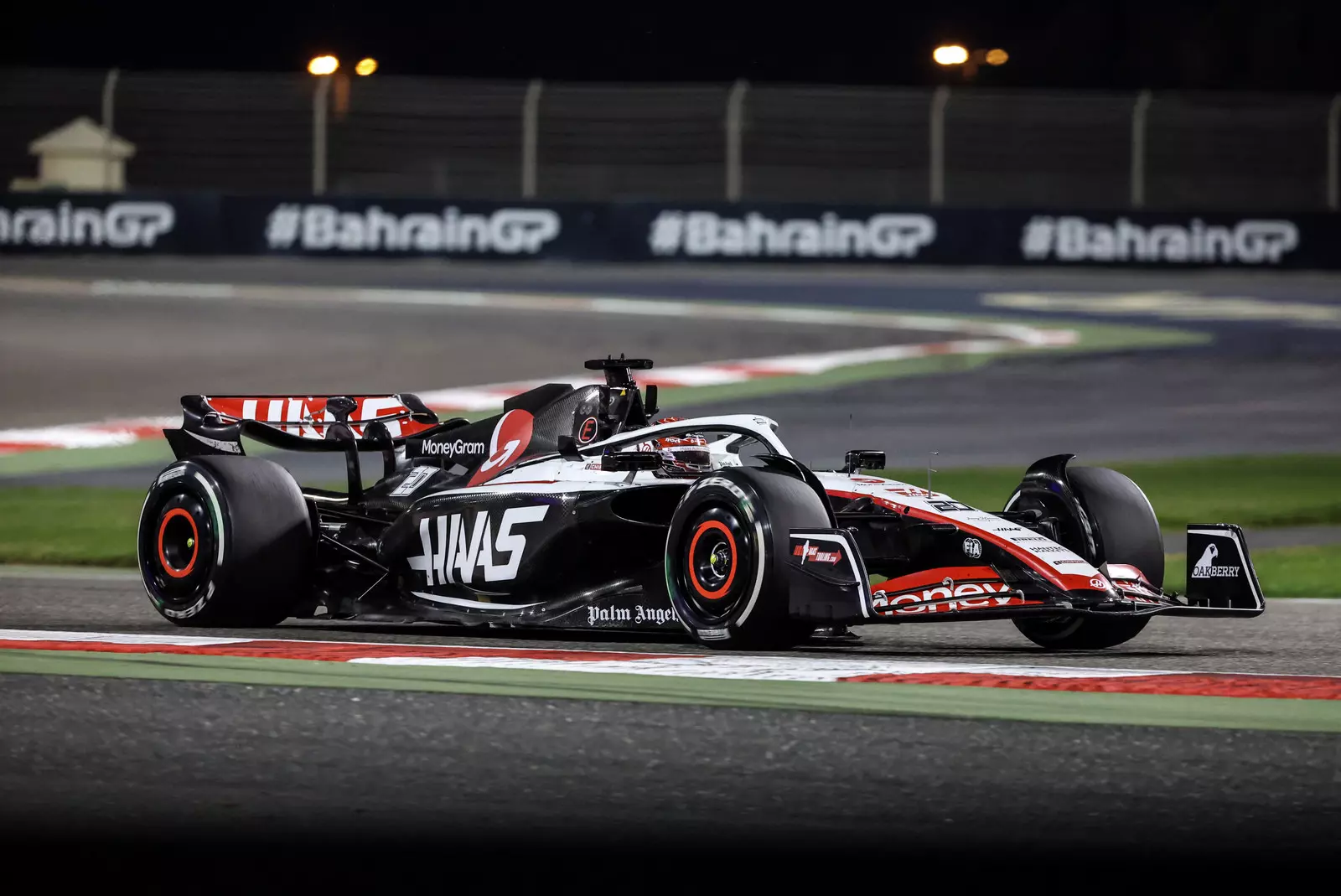-
With four F1 racing circuits, the hosting of the 2022 World Cup and Cristiano Ronaldo’s signing to Al-Nassr FC, the Middle East is making sport headlines.
-
As countries diversify their economies away from oil and gas, sectors like financial services, tourism and sports will play a increasingly important role.
-
The Middle East’s sports industry is expected to grow by 8.7% by 2026 – compared with global sector growth of 3.3% over the same period.
From the excitement on the Formula 1 race circuits of Bahrain, Saudi Arabia, Qatar and Abu Dhabi to Portuguese footballer Cristiano Ronaldo’s signing to Saudi Arabia’s Al-Nassr FC, the Middle East’s sports industry is making headlines across the globe.
The Middle East is one of the fastest growing tourism markets in the world and sports tourism is starting to play an important role in its growth. F1 and football dominate the headlines but many other sports are also gaining popularity in the region.
Major sporting events on rise in the Middle East
Despite the lingering effects of the pandemic, the sports industry in the Middle East is expected to grow by 8.7% by 2026 – a stark contrast to the global industry which is forecast to slow to 3.3% growth over the same period.
The Dakar Rally attracts thousands of the world’s toughest offroad drivers to the deserts of Saudi Arabia, while the United Arab Emirates hosts the Dubai Racing World Cup at the Meydan Racecourse. These events and more are important tourism magnets that boost local and regional economies alike.
Hosting mega sporting events generates economic benefits for the host country – sports tourism is already a $600 billion industry in the Middle East that’s expected to keep growing.
Beyond contributing to improving the tourism sector of host economies, major sporting events have a “halo” effect that creates a positive spill-over into multiple sectors. Studies suggest that, in some Middle Eastern countries, the halo effect means a boost of up to 30% for the tourism and hospitality industry.
F1 ripple effect across the region
Bahrain hosted the very first race of the 2023 season but the Kingdom’s ties with Formula 1 stretch back much further – 20 years to be exact. In 2004, Bahrain became the first country in the Middle East to host an annual F1 race. Additionally, Mumtalakat, the Kingdom’s sovereign wealth fund, has a controlling stake in the McLaren F1 team.
Connections with Formula 1 have rippled across the Middle East. Saudi Arabia is encouraging F1 teams to move their headquarters to the Middle East with ambitions to train the next F1 world champion.
Meanwhile, Abu Dhabi’s G42 – an artificial intelligence company – is looking to power the Mercedes F1 team with data-driven insights through a new partnership.
In Bahrain, the benefits of hosting F1 extend beyond the race itself which attracts additional investment. Bell Racing Helmets, the world’s leading manufacturer of safety helmets, has built a 60,000m2 production facility next to the Bahrain International Circuit.
Football’s popularity is increasing
Football is the most popular sport in the Middle East. The signing of footballing icon Cristiano Ronaldo to Al-Nassr has contributed to the increasing popularity of the Saudi Professional League in the country.
In addition, the FIFA World Cup and Arab World Cup are important regional competitions that draw significant crowds.
The Middle East is also an important player in the global football scene. Sponsorship, club ownership, and the acquisition of broadcasting rights sit alongside event hosting as key avenues for the injection of funds and talent into the global game.
Saudi Arabia’s Public Investment Fund, for example, committed $2.3 billion to football in 2022 to multiple clubs with a focus on building up the domestic game in other nations.
The rise of esports across MENA
Gaming experienced a surge in popularity during the COVID-19 pandemic, fuelling the rise of esports in the Middle East.
The global esports market is projected to grow by 21% from $1.44 billion in 2022 to $5.48 billion in 2029, and it’s growing fastest in the Middle East. Among the region’s economies, Saudi Arabia is widely regarded as the titan of esports with plans to invest $38 billion into an esports hub by 2030.
The Middle East owes its esporting success in part to a comparatively young and tech-savvy population – nearly half of all people in the region are under the age of 25 – and Middle East and North Africa (MENA) governments are increasingly incorporating esports into their national economic diversification plans to take advantage of their populations’ love of gaming.
Saudi Arabia, for example, recently committed to providing $488 million of funding for the gaming industry alongside an announcement by Unity Technologies to base the first Unity Academy in MENA in Saudi Arabia.
Bahrain too has plans for esports and gaming as well as an ongoing commitment to create a digital ecosystem.
Prioritizing enhanced digital connectivity that contains everything that games companies need to take advantage of its growing market has allowed Bahrain to host gaming giants like Fortnite on its AWS servers, where Bahrain houses AWS’s Infrastructure Region to service the wider MENA.
The future of sports in the Middle East
Diversification plans across the Middle East will shift economies away from oil towards greater investment in other sectors like sports tourism.
As such, sport will have an important role to play in both the economic prosperity and cultural identity of the region for years to come.
https://www.weforum.org/agenda/2023/03/sports-middle-east/





